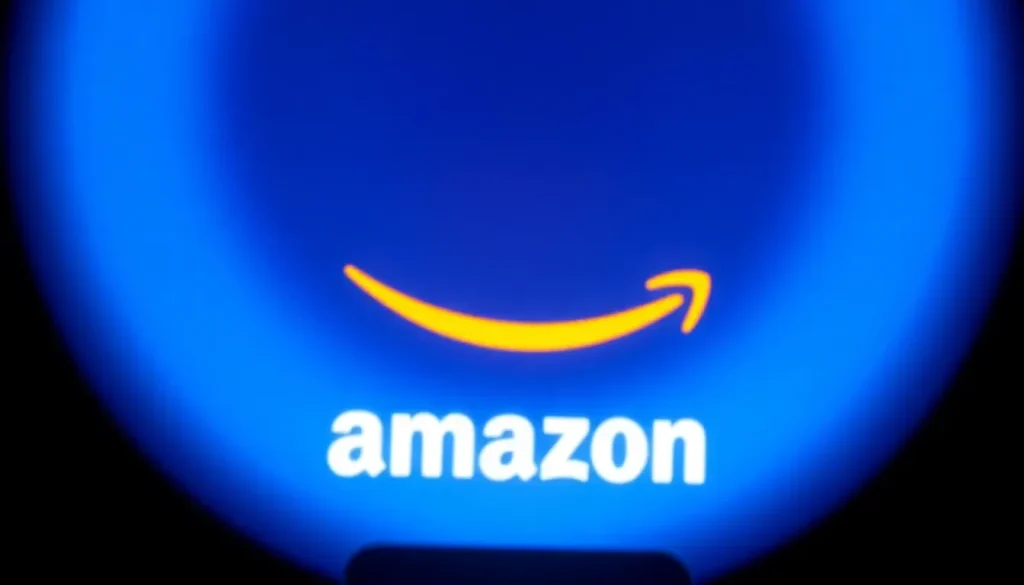Amazon to pay $2.5 billion for misleading Prime subscribers

In a landmark decision, the Federal Trade Commission (FTC) has secured a staggering $2.5 billion settlement from Amazon, aimed at addressing deceptive practices related to its Prime subscription service. This settlement is poised to impact millions of consumers, shedding light on the fine line between marketing strategies and consumer rights. Let’s explore the details that led to this unprecedented agreement.
Amazon Prime settlement estimated to benefit 35 million affected consumers
The FTC's investigation into Amazon's practices began in 2023, revealing serious concerns regarding unauthorized enrollments in Amazon Prime. Allegations centered on the company's tactics to enroll users without their explicit consent, coupled with difficulties in canceling services that left many feeling trapped.
Fast forward to 2025, and we see the culmination of these investigations in a “historic” settlement. This agreement not only serves as a financial penalty for Amazon but acts as a crucial reminder about consumer protection in the digital age.
According to the FTC, the settlement details include:
- $1 billion civil penalty, marking the largest fine ever imposed in a case concerning an FTC rule violation.
- $1.5 billion allocated for consumer redress, targeting the estimated 35 million consumers affected by unwanted Prime enrollments or complicated cancellation processes. This figure represents the second-highest restitution award in FTC history.
The commission highlighted that Amazon's design choices were intentionally misleading. They reportedly created confusing interfaces that nudged users toward enrolling in Prime without their knowledge and established a cancellation process that was anything but straightforward.
Internal communications from Amazon unveiled a troubling narrative. Employees acknowledged the deceptive tactics, describing subscription drives as “a bit of a shady world” and labeling unwanted subscriptions as “an unspoken cancer.” This stark admission indicates a culture that may have prioritized growth over ethical business practices.
As of now, details on how affected customers can claim their share of the $1.5 billion redress fund are yet to be disclosed. However, Amazon is expected to release this information soon, providing clarity for those impacted.
Update: An Amazon spokesperson, Mark Blafkin, emphasized the company's commitment to legal compliance, stating, “This settlement allows us to focus on innovating for customers.” He asserted that Amazon aims to provide clarity and value, ensuring a seamless experience for Prime members worldwide.
Understanding the implications of misleading marketing practices
This settlement raises critical questions regarding the ethical boundaries of digital marketing and consumer rights. Major corporations must wield their power responsibly, especially in the age of online shopping where user experiences can significantly sway consumer behavior.
Marketing strategies that prioritize profit over transparency can lead to severe consequences, not only for consumers but also for the brand itself. The implications of this case extend beyond Amazon, serving as a potential precedent for how companies approach consumer consent and cancellation processes.
The FTC's role in consumer protection
The FTC's actions in this case exemplify its broader mission to protect consumers from unfair or deceptive practices. Their investigations often lead to major settlements, which help to hold companies accountable while providing restitution to affected individuals. Some key functions of the FTC include:
- Enforcing consumer protection laws to prevent deceptive practices.
- Overseeing fair competition to ensure a healthy marketplace.
- Educating consumers about their rights and how to recognize unfair business practices.
This settlement serves as a potent reminder of how vital regulatory bodies are in monitoring corporate behavior, especially in an increasingly complicated digital landscape.
Consumer rights: How to protect yourself online
With the growing reliance on digital services, understanding consumer rights has never been more critical. Here are a few strategies to safeguard your interests while navigating online subscriptions:
- Read the fine print: Always review terms and conditions before enrolling in any service.
- Monitor your accounts: Regularly check your bank statements for unexpected charges.
- Know your rights: Familiarize yourself with consumer protection laws in your region.
- Utilize cancellation tools: Familiarize yourself with the cancellation process for subscriptions to avoid complications.
By being proactive, consumers can better navigate the complexities of online services and avoid falling victim to misleading practices.
Future considerations for online subscription services
The Amazon case is likely to reshape how online subscription services operate. As the digital marketplace evolves, companies will need to re-evaluate their marketing approaches to avoid similar legal challenges. Some potential future trends include:
- Increased transparency: Companies may adopt clearer communication regarding subscription terms and cancellation policies.
- Improved user interfaces: Efforts to design more intuitive platforms that prioritize user experience may become standard.
- Consumer education: Brands might invest in educating customers about their rights and best practices for managing subscriptions.
In light of this settlement and its implications, businesses must cultivate a culture of ethical marketing that prioritizes consumer trust and satisfaction.
For a deeper understanding of these developments, check out this insightful video detailing the settlement:
As we move forward, it is evident that regulatory actions like these play a crucial role in shaping the landscape of consumer rights and corporate accountability. The Amazon settlement serves as a pivotal moment that highlights the importance of transparency and fairness in the marketplace.




Leave a Reply